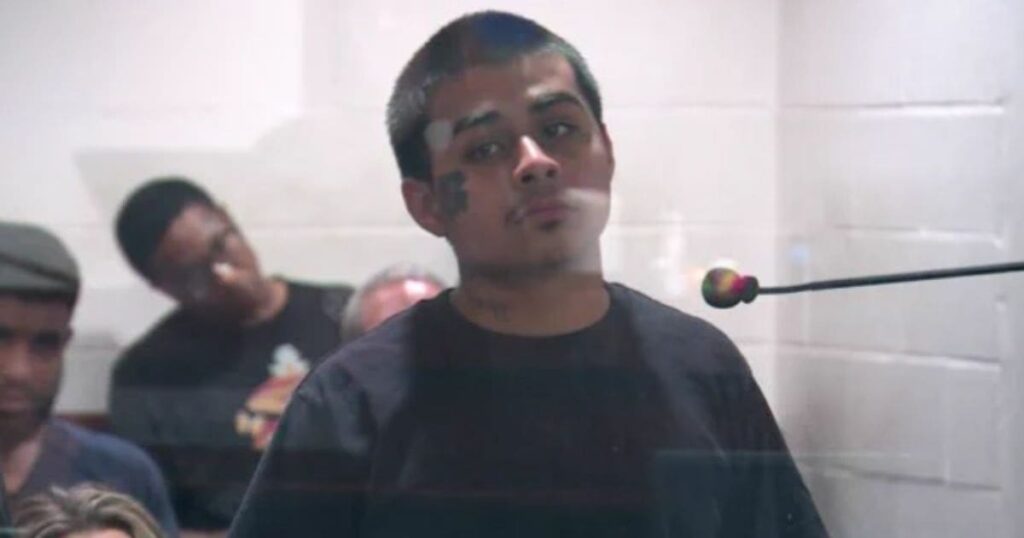In August 2023, a tragic incident in Las Vegas led to the death of retired California police chief Andreas Probst, who was fatally struck by a vehicle driven by Jesus Ayala, a teenager who was involved in a disturbing crime spree. The collision occurred while Probst was riding his bicycle, and police subsequently apprehended Ayala for intentionally mowing him down, with evidence that suggested a premeditated act rather than an accident. Initial reports indicated that Ayala, who was only 17 at the time of the incident, embarked on a reckless escapade after stealing a Hyundai and captured parts of the spree on video. The footage later revealed a callous attitude as Ayala and another teen, Jzamir Keys, celebrated their actions while committing additional hit-and-run incidents.
Ayala’s arrest on August 14, 2023, came shortly after Probst’s death, leading to multiple charges against him, including murder and grand larceny. Following conflicting psychological evaluations regarding his mental fitness, a judge declared Ayala unfit for trial, a decision based on varied opinions from medical professionals. While two doctors assessed Ayala as competent, another found him incompetent, leading the public defender to advocate for a psychiatric evaluation to determine the extent of any potential “brain damage.” Consequently, Ayala was ordered to be placed in one of two state forensic hospitals as part of the legal process regarding his mental state and its implications on his culpability.
The aftermath of the tragic incident drew attention not only to Ayala’s legal battles but also to the troubling nature of youth crime in the area. Eyewitness accounts and video evidence indicated a stark disregard for life, as Ayala reportedly boasted about the lack of severe consequences he anticipated facing, suggesting a nonchalant attitude toward the law. Upon his arrest, he explicitly expressed confidence that he would be released soon, allegedly minimizing the gravity of his actions by claiming it would only result in a “slap on the wrist.” This outlook raised concerns about the broader ramifications of juvenile crime and the perceived leniency of the justice system for young offenders involved in serious offenses.
The police investigation further revealed that the crime spree was not an isolated incident and that Ayala was part of a larger pattern of delinquency, which included other car thefts in addition to the fatal hit-and-run. The case underscored the concerning trend of vehicular crimes committed by minors, often conducted with reckless abandon and a lack of regard for the safety of others. In the wake of Probst’s death, community members expressed outrage and sorrow, calling for stricter measures to address juvenile crime and increase accountability among young offenders.
Ayala’s co-accused, 17-year-old Jzamir Keys, also faced serious charges, including murder, although his trial was expected to face delays. The complicity of a minor in such a severe crime raised questions regarding peer influence and the environment in which these young individuals operated. As the legal proceedings continued for both Ayala and Keys, it became evident that the implications of their actions extended beyond personal accountability, touching on societal issues regarding youth crime prevention and rehabilitation.
Overall, the case involving Jesus Ayala serves as a grim reminder of the complexities surrounding juvenile crime and mental health evaluations in the legal system. As Ayala prepares to be transferred to a psychiatric ward, the community and the justice system face the challenge of reconciling the need for justice for the victim, Andreas Probst, with the realities of addressing mental health issues among young offenders. The incident opened a dialogue on mental health assessments and the varying interpretations of competency within the legal system, emphasizing the importance of addressing not only the individual actions of offenders but also the underlying factors contributing to such tragic outcomes.

